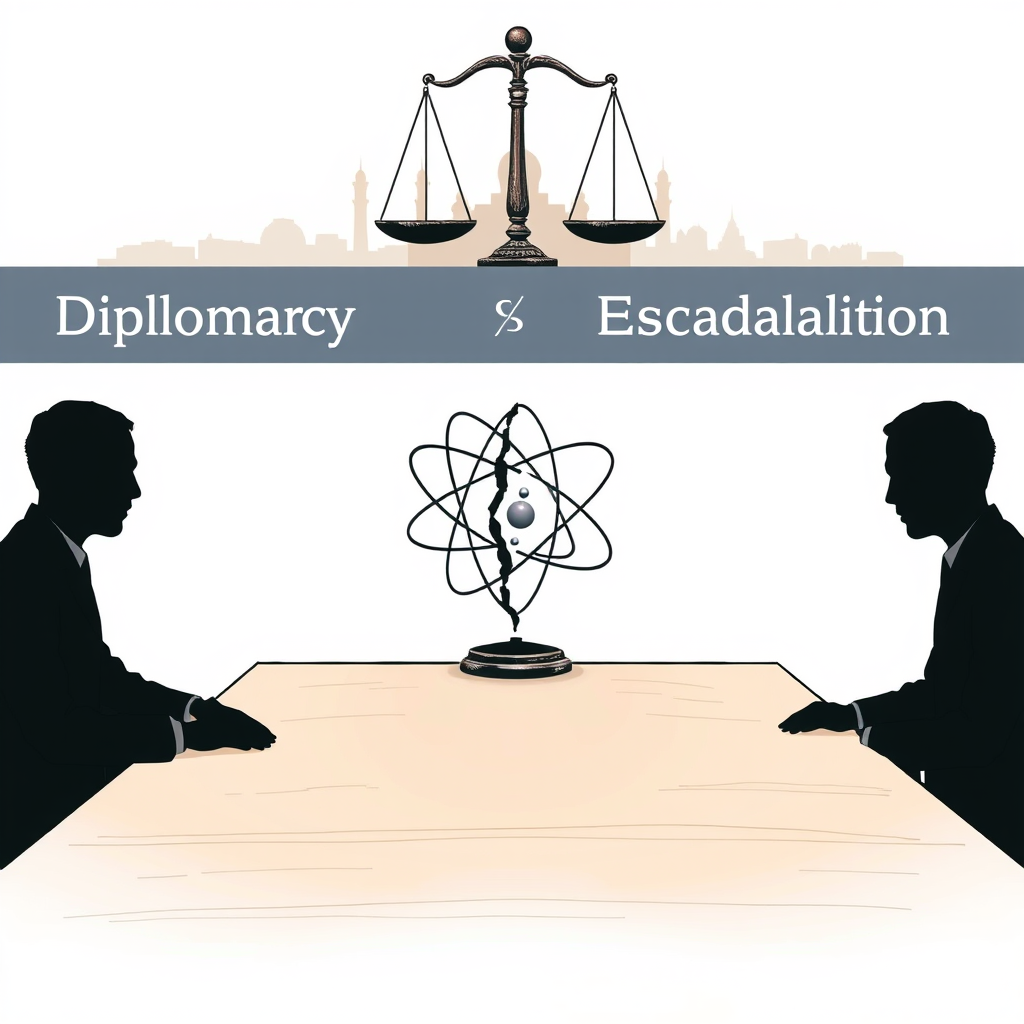Iran, US Resume Nuclear Talks, Progress Made

Indirect talks between Iranian and U.S. officials concluded Saturday in Muscat, Oman, with both sides agreeing to continue negotiations next week, according to Iranian officials. The discussions, focused on Iran’s nuclear program, represent a cautious step forward after years of escalating tensions and stalled diplomacy.
Abbas Araghchi, Iran’s foreign minister, described the talks as “constructive,” noting that four rounds of indirect messaging occurred during the meeting. A brief, direct interaction between Araghchi and U.S. Mideast envoy Steve Witkoff also took place, a rare occurrence given the decades-long estrangement between the two nations.
The meeting, lasting over two hours, involved representatives from both countries seated separately and communicating through Omani Foreign Minister as a mediator. While U.S. officials have yet to publicly acknowledge the Iranian reports in detail, the confirmation from Tehran suggests a degree of progress.
The stakes are exceptionally high. The Trump administration has repeatedly threatened military action against Iran’s nuclear facilities if a diplomatic solution isn’t reached. Meanwhile, Iranian officials have warned they could pursue nuclear weapons development, possessing enough enriched uranium to potentially build multiple bombs.
Key issues remain significant hurdles. The U.S. seeks to drastically curtail Iran’s enrichment activities, ideally returning to the limitations set by the 2015 nuclear deal – a stockpile of uranium enriched to just 3.67%. However, Iran, having significantly expanded its enrichment capacity since the U.S. withdrawal from the deal in 2018, is likely to demand concessions, potentially seeking to maintain enrichment levels up to 20%.
Sanctions relief for Iran’s struggling economy is a central demand from Tehran. However, the extent to which Iran is willing to compromise on its nuclear program remains unclear. Proposals for complete dismantling of the program, such as those suggested by Israeli Prime Minister Benjamin Netanyahu, are considered non-starters by Iranian officials, who point to the fate of Libya’s Moammar Gadhafi as a cautionary tale.
The willingness of both sides to engage in dialogue, even indirectly, is a positive sign. However, significant obstacles remain, and the path to a comprehensive agreement is likely to be long and complex. The continuation of talks next week will be a crucial test of whether a diplomatic solution is truly possible, or if the threat of escalation will continue to loom over the region. It’s a delicate situation, and the world watches with bated breath, hoping for a peaceful resolution.